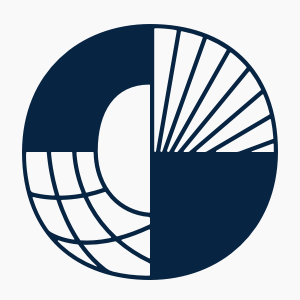Pour la version française de cette vidéo, veuillez cliquer ici
This publication is the first of two to explore the findings and insights from an online global consultation, held in July 2020, exploring young Africans’ use of digital technologies in different areas in the context of the Covid-19 pandemic and beyond. More specifically, this paper discusses the topics of the first day of the consultation, when participants delved into youth activism and community engagement, and questioned which digital skills are needed for youth to meaningfully engage in shaping our digital societies.
Key findings
- Covid-19 has had multidimensional impacts on young people’s lives and livelihoods. Digital technologies have enabled them to respond to these challenges through youth-led activism and community engagement. However, access, awareness and the quality of skills-building opportunities are unequal.
- This paper looks at the multifaceted barriers driving the youth digital divide in Africa. Youth are subject to a double disadvantage: unequal or inadequate infrastructure and affordability. Poor infrastructure restricts youth access to the internet and affordability limits access to devices and data. These limitations restrict young people’s internet exposure, which they need to acquire basic digital skills. Greater investments and incentives to telecoms and the private sector are needed to provide opportunities for change.
- Digital-enabled interventions and programmes aimed to equip youth with 21st-century skills should consider designs grounded in creative and participatory approaches, be tailored to young people’s local contexts, reflect their lived experiences and aspirations, and go beyond short-term outcomes. Special attention should be paid to vulnerable groups including young women, young people with disabilities, youth migrants and LGBT youth and their intersecting vulnerabilities and needs.
This report is published by the Youth Forward Learning Partnership, led by the ODI’s Digital Societies programme with Participatory Development Associates in Ghana and partners in Uganda. Youth Forward supports young people in Ghana and Uganda to get jobs, grow their businesses and access finance to expand opportunities available to them. The Learning Partnership works to develop an evidence-informed understanding of the needs of young people and how the initiative can best meet those needs.
Melanie Pinet, Phiona Sanyu and Ariana Youn

